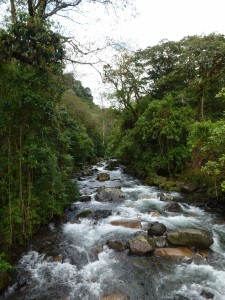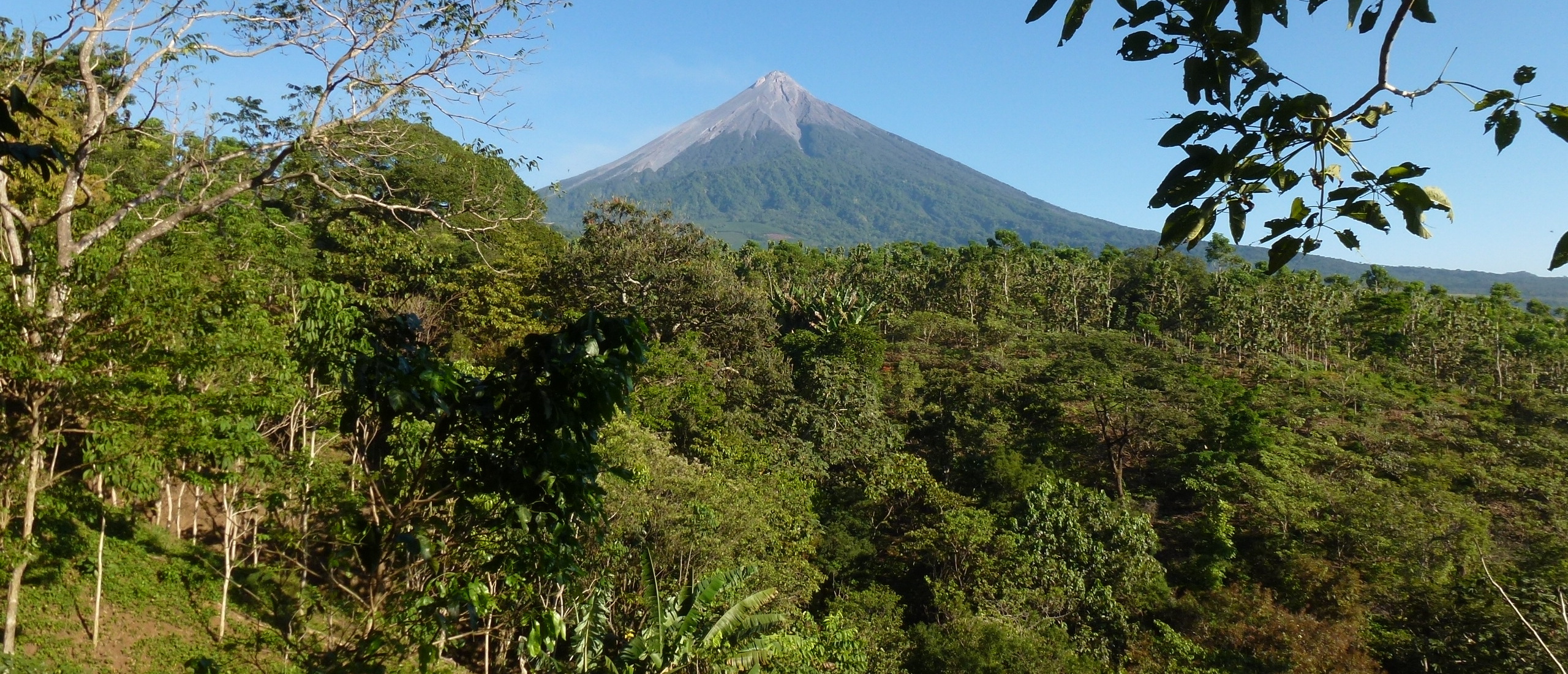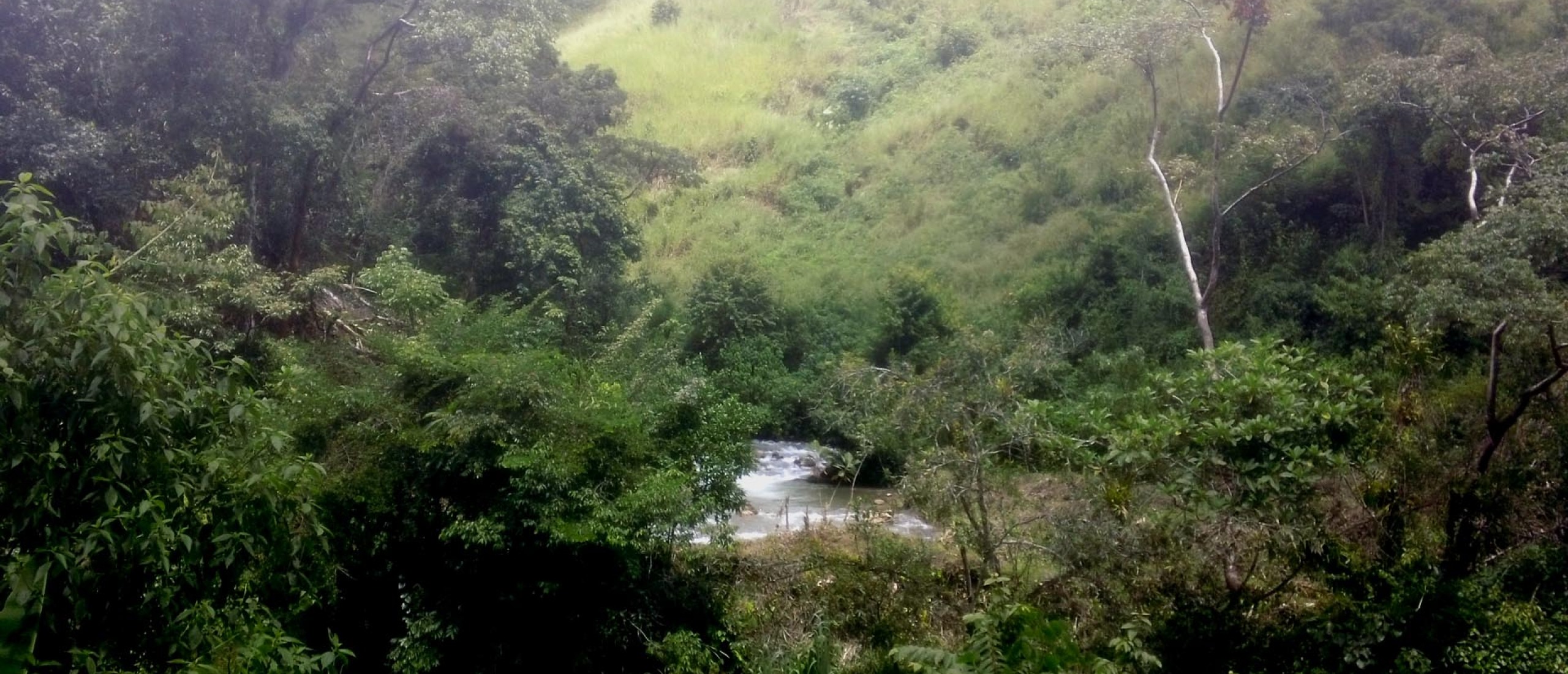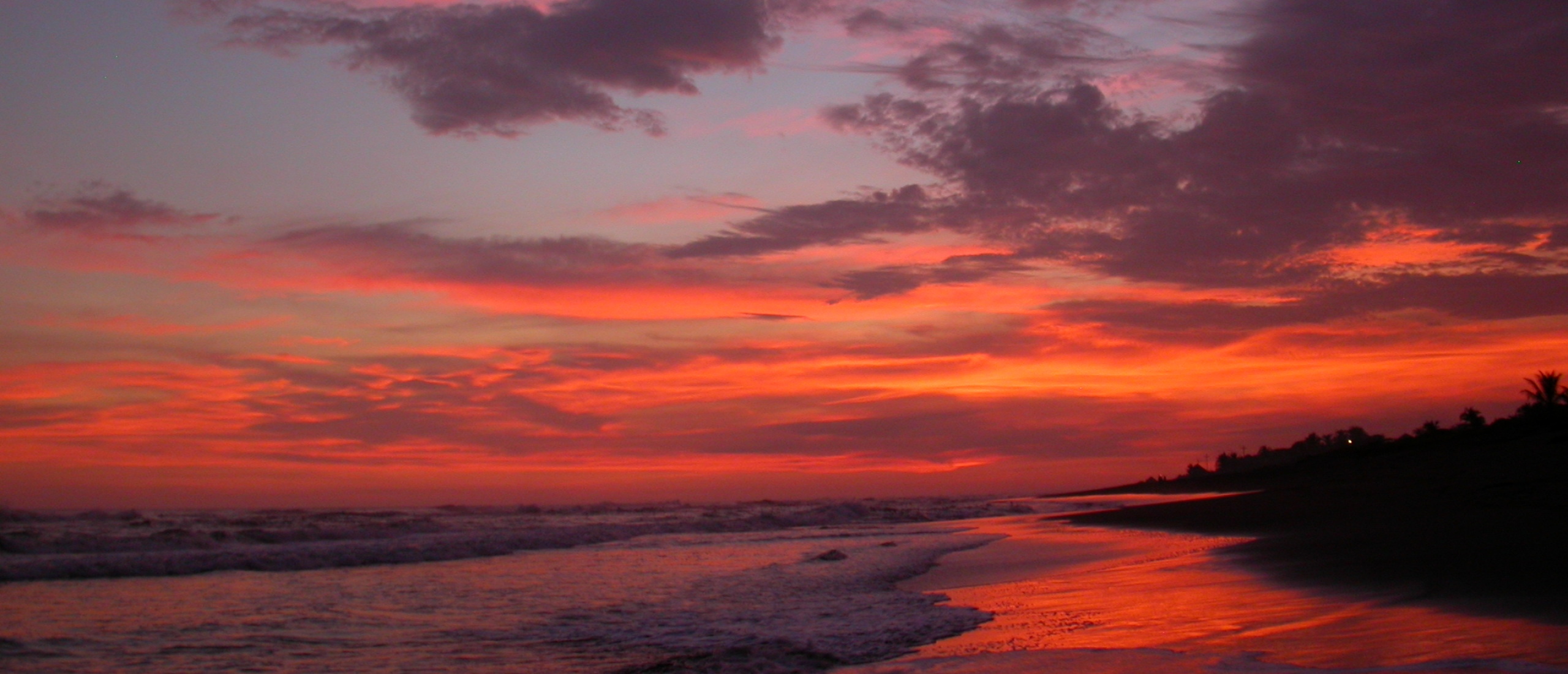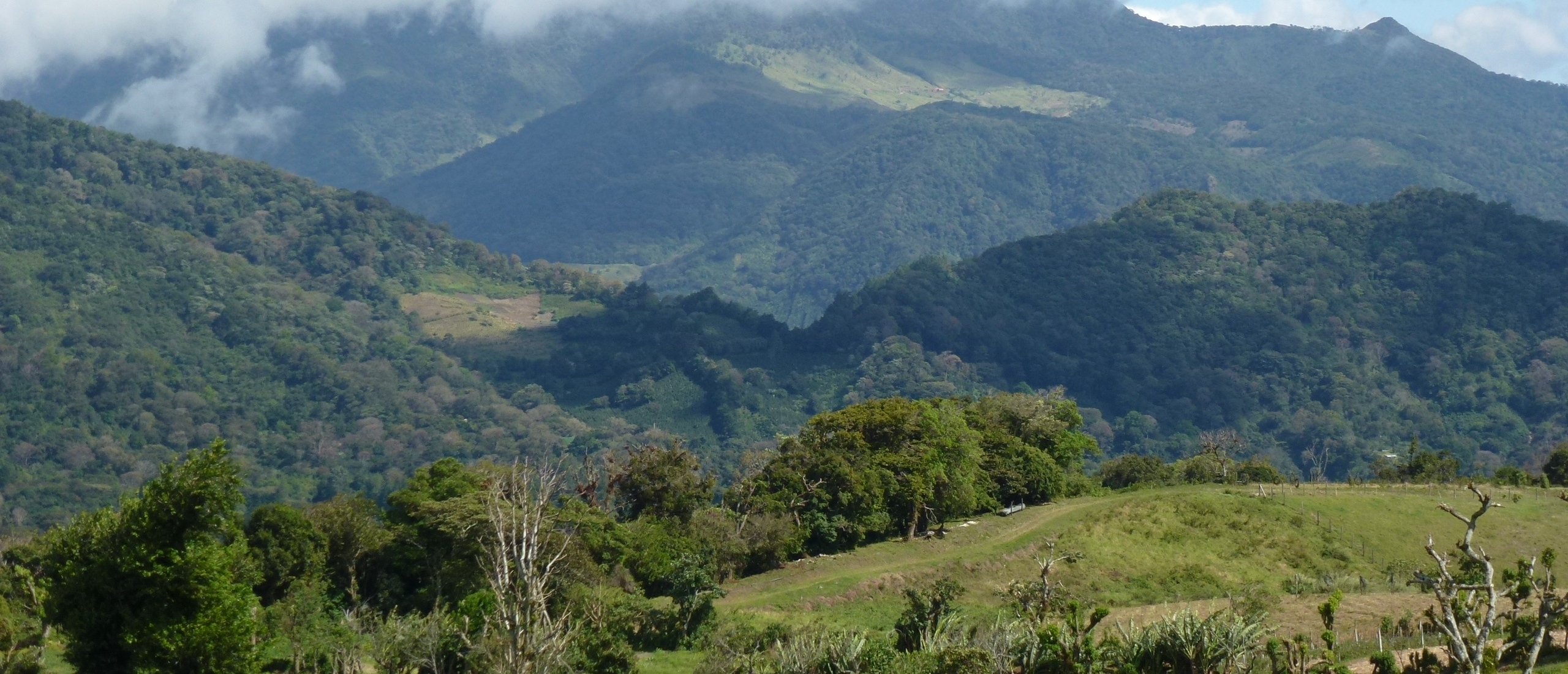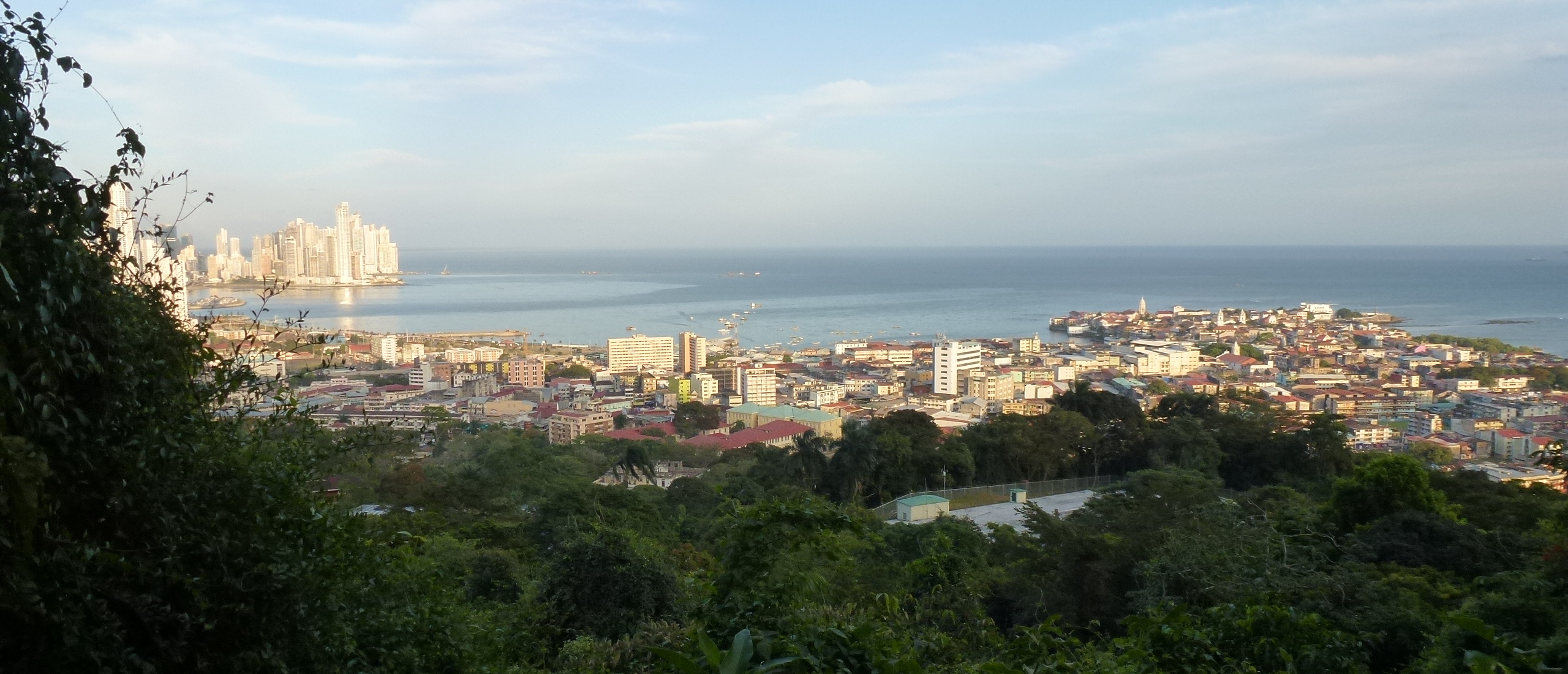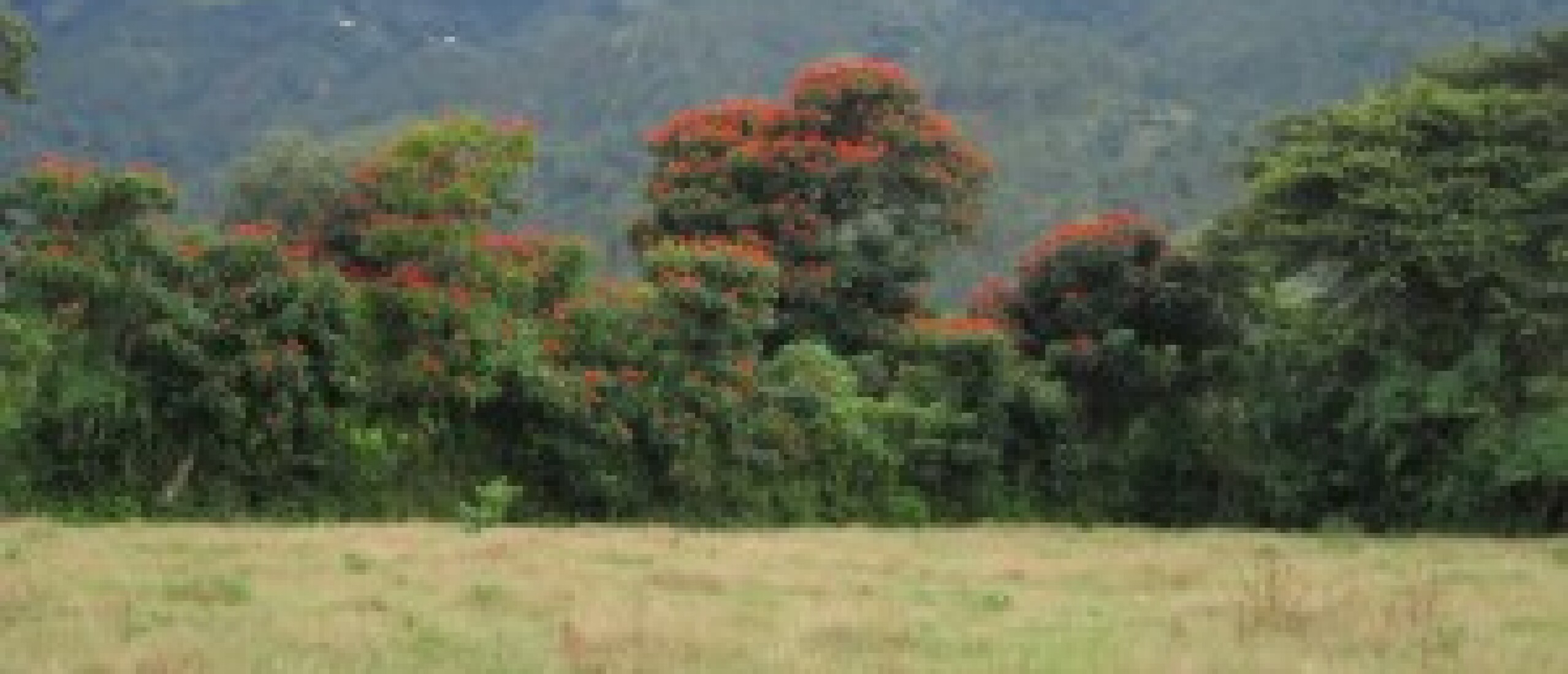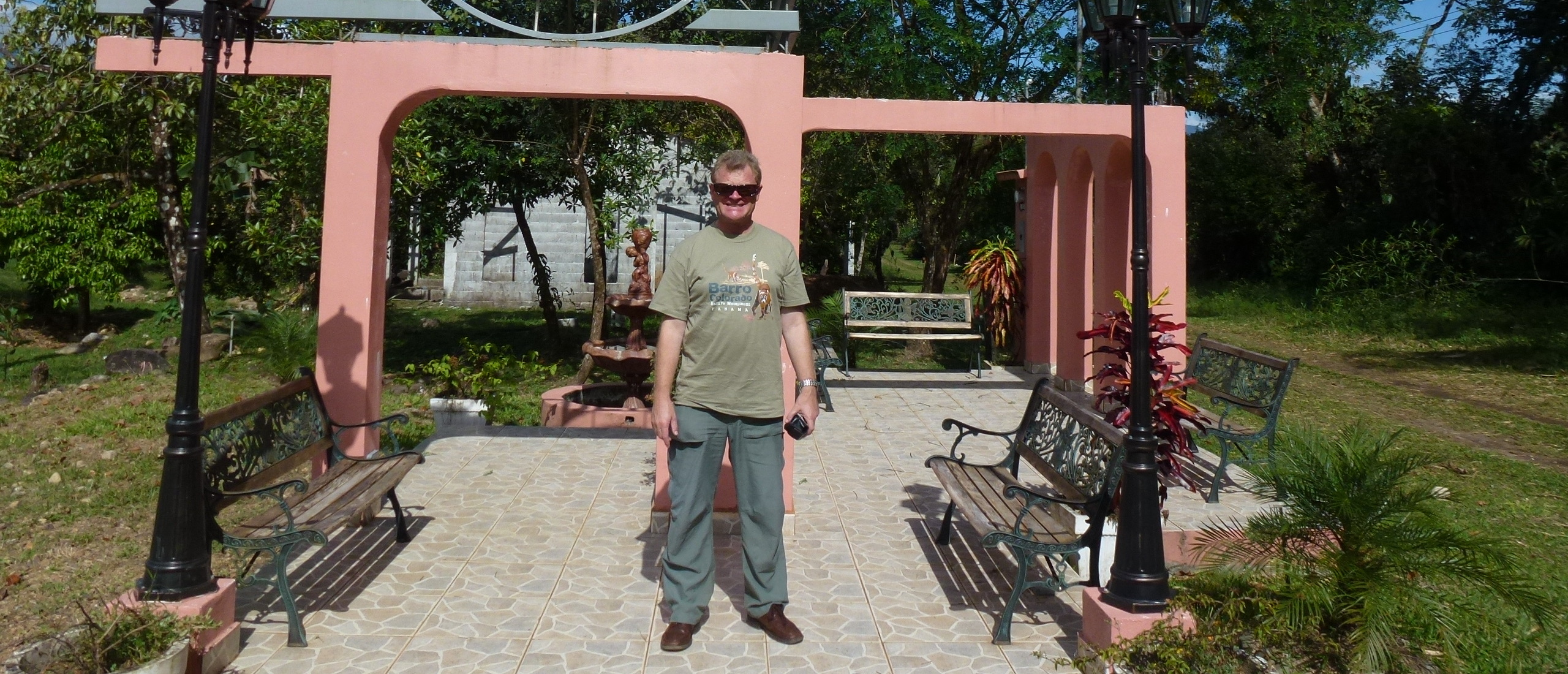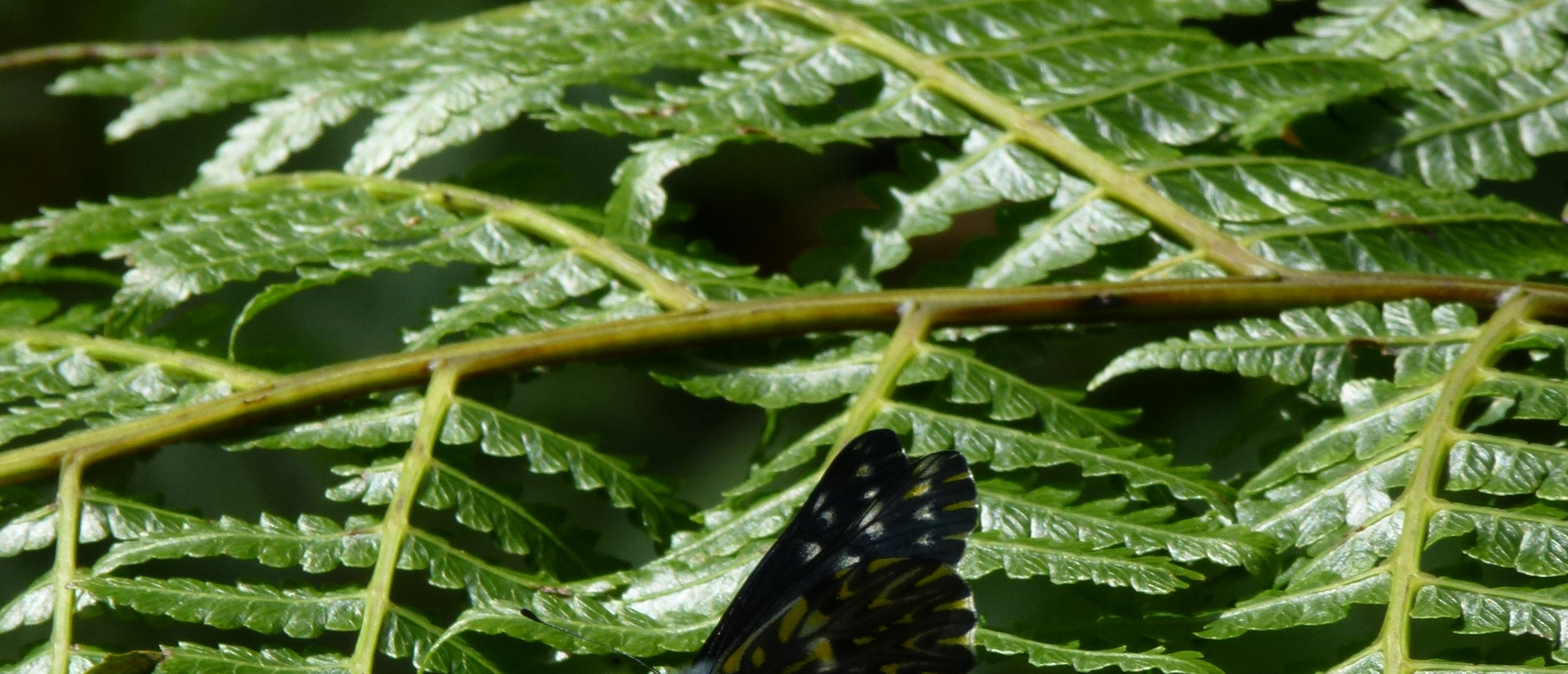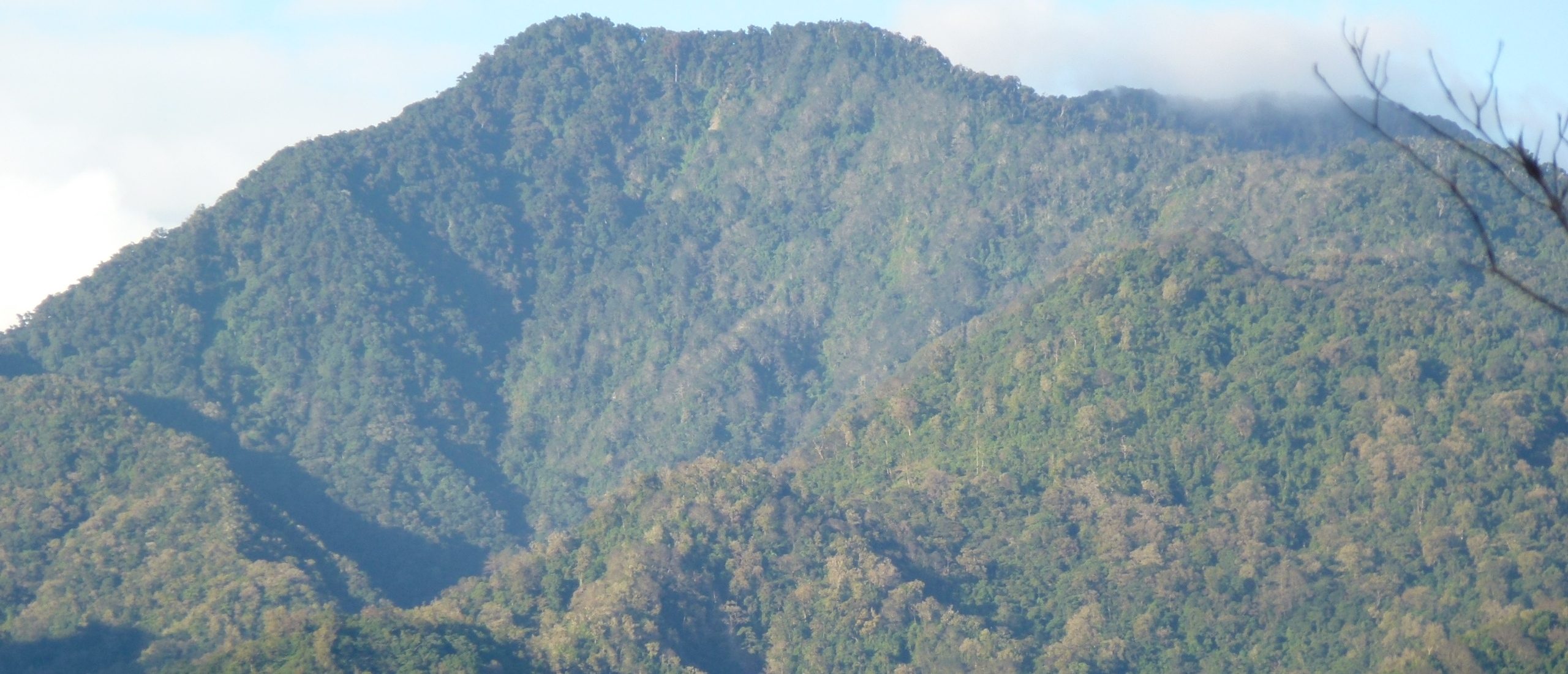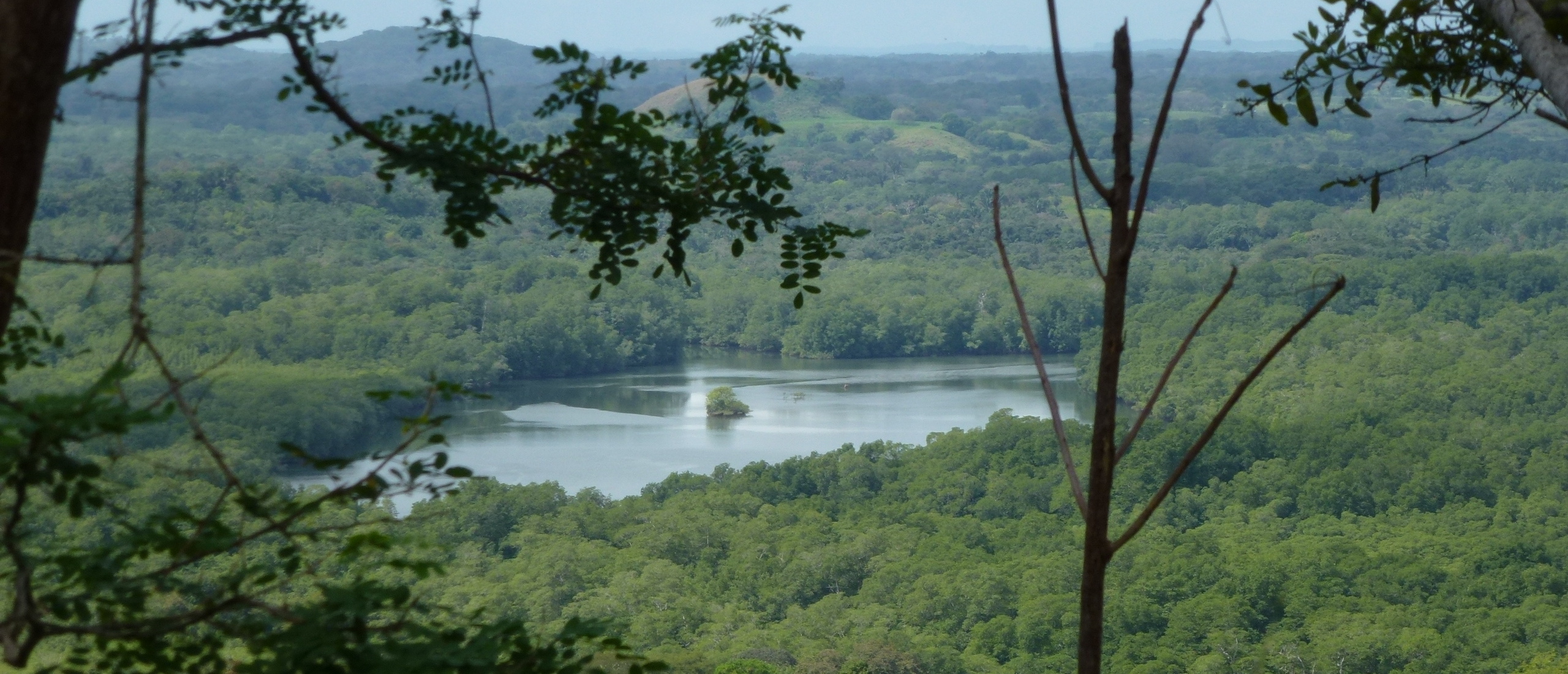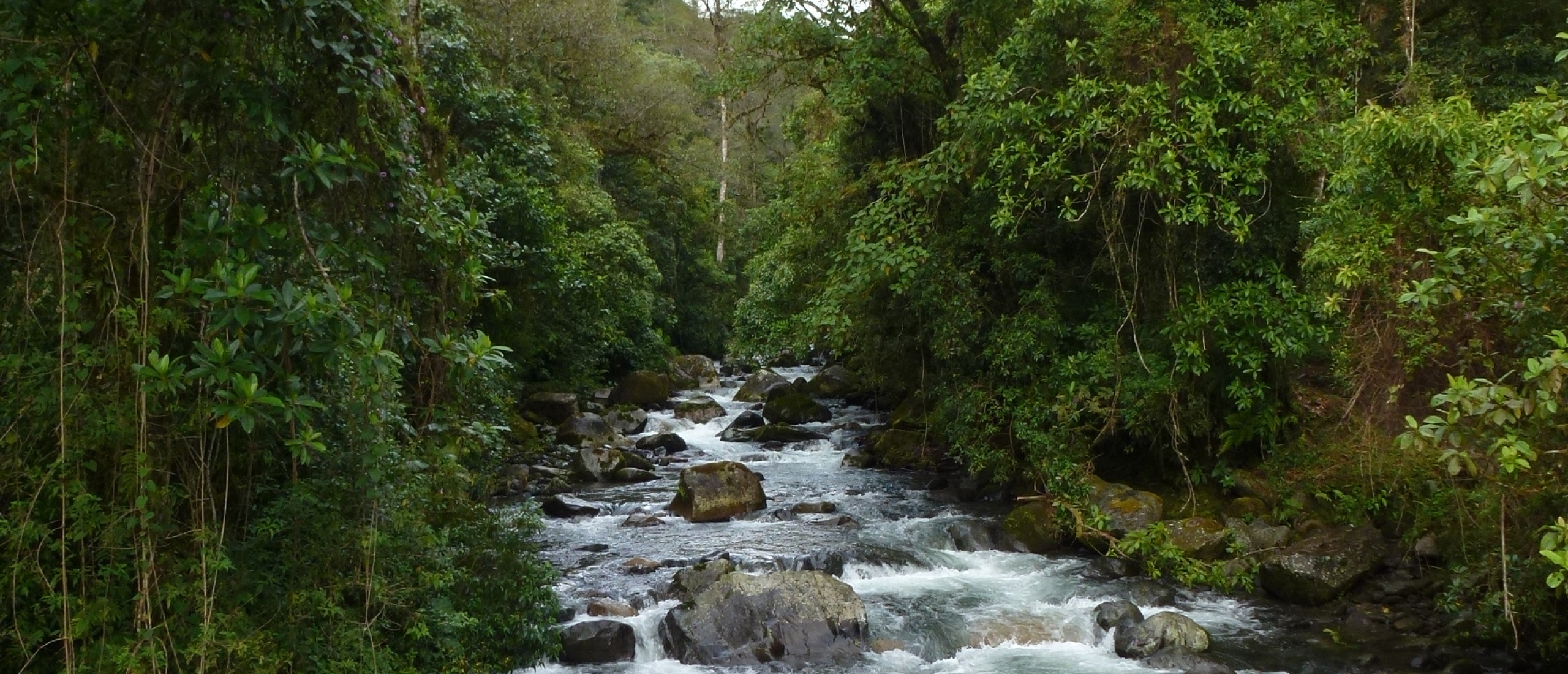
GCC apologises for having the blues, and laments the lack of good boots!EL BANCO, LAS POTRERILLAS, CHIRIQUI, STATE OF PANAMA, U.S.COLOMBIA September 2nd, 1881 My dear Mother, Have just received your letter of July 1st; must not write such dismal letters again as that of May 12th, had a fit of the blues, I suppose at the time, am almost sorry father took the letter to Mr.Godman; however, perhaps it was for the best. Have received also a few lines from Mr. Godman, and a letter from Walker, who is still on the Peruvian coast, but he expects they will go very soon to Panama. Harry has been appointed to the “Briton” and has left England for West Coast of Africa. It is still raining very much, but only in the afternoons; the mornings are fine, however there is a good time coming, the dry season (or summer) begins in December; the worst part of the rains are now over. Left David again on July 13th and have since been stopping at various places on the slope of the Volcano, and elsewhere - at Elvira, Caldera, Boquete, Potrerillas, and at the present am staying with a countryman who has been here many years planting coffee, sugarcane &c. Return again to David in a few weeks to send off another box, after I go to Bugaba and other places to west and nearer to Costa Rica frontier. Owing to the great rainfall, the rivers are now very much swollen and it is very difficult to travel on account, there are no bridges, scarcely roads in this country; if I don’t take a guide I lose myself in no time. Am not nearly so "dull" here, someone to talk to and books to read if I require them, rough quarters it is true but preferable to me, still close to my Swiss friends but no town nearer than Dolega, 6 leagues away. With the letters also received six newspapers (dates May and June), and a friend in David sent me some Panamá papers so have something to read. Early to bed and early to rise in Chiriquí, the sun is often very hot by 7.a.m. so have to be out - by 9 or 10 begins to cloud over, and often by noon the rain begins, clearing off again by night; we only see the mountains early in the morning. At Elvira I stopped on a coffee plantation belonging to a native of Ecuador, in Caldera with a Scotchman. I find it very difficult to get good boots in this place, no demand for strong boots I suppose for nearly everybody who has to go into the forest goes barefoot. Here as in Guatemala the planters scarcely ever walk; if they only have a few yards to go they go on horseback. I don’t blame them, in places where there are so many streams and so much mud; my boy of course is barefoot; he is getting rather homesick, but I think will remain another six months, he will return quite rich for I don’t suppose his clothes cost him a lot a year. The Chiricanos drink very much (rum is so cheap, about 9d a large bottle!) and when drunk they take to fighting with their large knives - you meet people with bad scars from this cause. All these people as in Guatemala carry an enormous knife, without which they never stir; in the forest it is very necessary, often you find a tree blown down across the road, and you cannot pass till you clear away some of the branches. Am glad to hear that you and Allie are going to have a change at the seaside and I trust your feet will be better before long. I wonder what has become of the sack of coffee, must write to Guatemala about it soon, it is too good to lose, you ought to have received it long ago. There are several Germans here who ship orchids occasionally to London, they can only be sent in dry season, I wish I knew something about them, don’t know a good one from a bad one. There are plenty in the forests but you very rarely see them in flower, to get them you have often to employ men to cut down or climb the trees, perhaps in dry season if I meet with any nice ones, will try and send some. Sometimes the steamer comes twice in a month and sometimes it does not come for six weeks, there is not the least certainty, when they require cattle in Panamá, they send: my last letters came by land from Panamá. With best love to all, I remain, dear mother Your affectionate son George C. Champion


